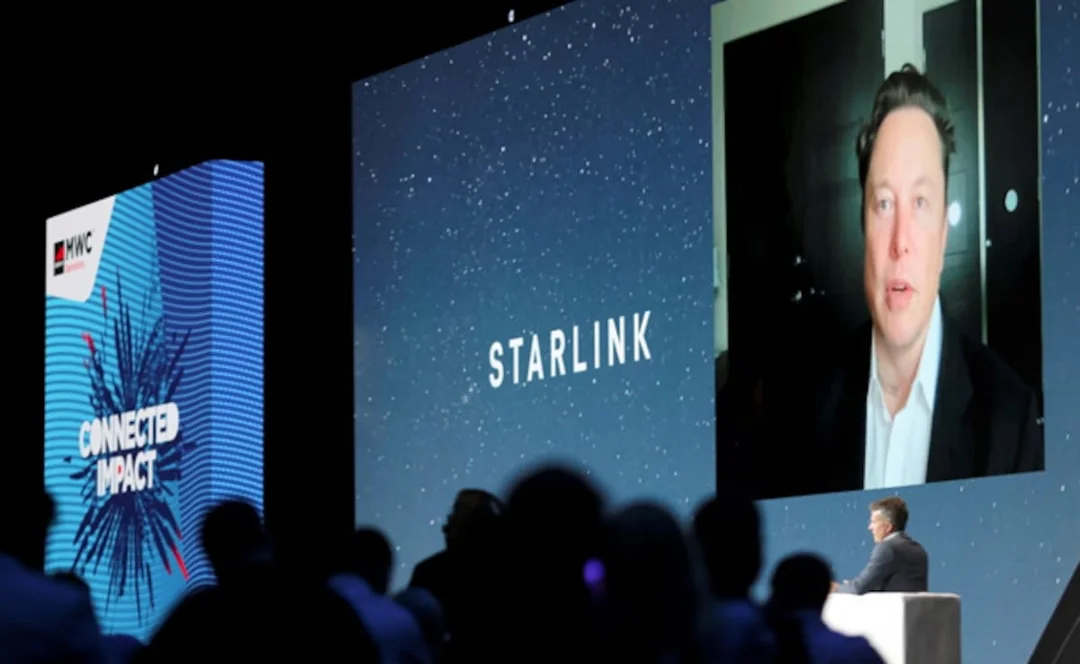
Starlink Gains Ground in India: A Step Closer to Launching Satellite Internet
Elon Musk's Starlink is inching closer to launching its satellite internet services in India. The Department of Telecom (DoT) has issued a Letter of Intent (LoI) to Starlink, a venture of SpaceX, for a satcom license. This development marks a significant step forward for the company, which has been seeking approval for a Global Mobile Personal Communication by Satellite (GMPCS) license for several years.
The issuance of the LoI occurs amidst ongoing negotiations between the Indian government and the US regarding a bilateral trade agreement, potentially mitigating reciprocal tariffs. According to reports, Starlink has agreed to comply with India's data localization, interception, and command and control requirements, paving the way for the license.

This progress follows Prime Minister Narendra Modi's recent discussions with Elon Musk and meetings between SpaceX executives and Commerce Minister Piyush Goyal. Goyal posted on X that discussions covered Starlink's cutting-edge technology platform, their existing partnerships, and future investment plans in India.
Sources indicate that the introduction of satellite communications by a leading provider like Starlink is expected to stimulate competition within the Indian telecom sector, benefiting millions of internet users. The approval could be a 'double bonanza' for Musk, as his electric vehicle company, Tesla, is also preparing to enter the Indian market, with plans to establish showrooms and eventually a local factory. The government views satellite services as a positive development that will expand mobile coverage and foster innovation within the telecom ecosystem.
However, this comes with new regulatory hurdles. India has introduced stringent rules for satellite internet providers, mandating real-time location tracking, data localization, metadata sharing, and website blocking. These rules will affect not only newcomers like Starlink and Amazon's Project Kuiper but also established players such as Airtel and Jio. Experts suggest that complying with these regulations may delay the rollout of satellite broadband services, as companies need time to test and adapt to these requirements within the Indian context.
One of the most unique requirements is the need for 20% indigenization, which Varun Gupta of Counterpoint Technology Market Research believes could boost the local ecosystem. Partnerships with domestic players like Jio and Airtel could prove beneficial, as they can collaborate on product development and accelerate time to market.
While the Indian market presents a significant opportunity, it also demands a willingness to adapt to local regulations and operational requirements. Will Starlink adapt its operating model to navigate India’s complex regulatory landscape, or will these hurdles prove too challenging? What are your thoughts on the impact of these regulations on Starlink's future in India? Share your comments below.